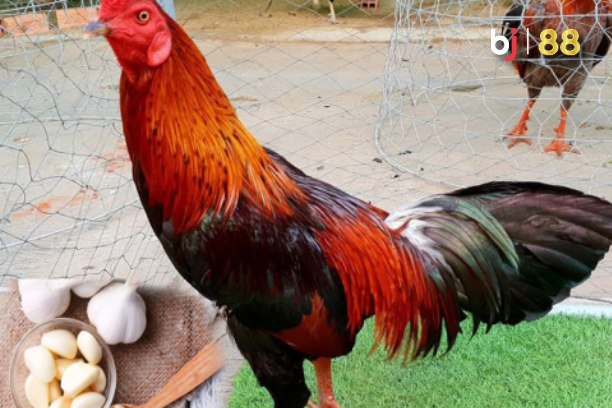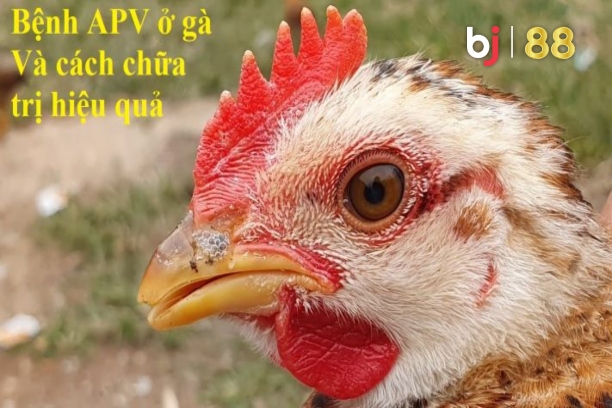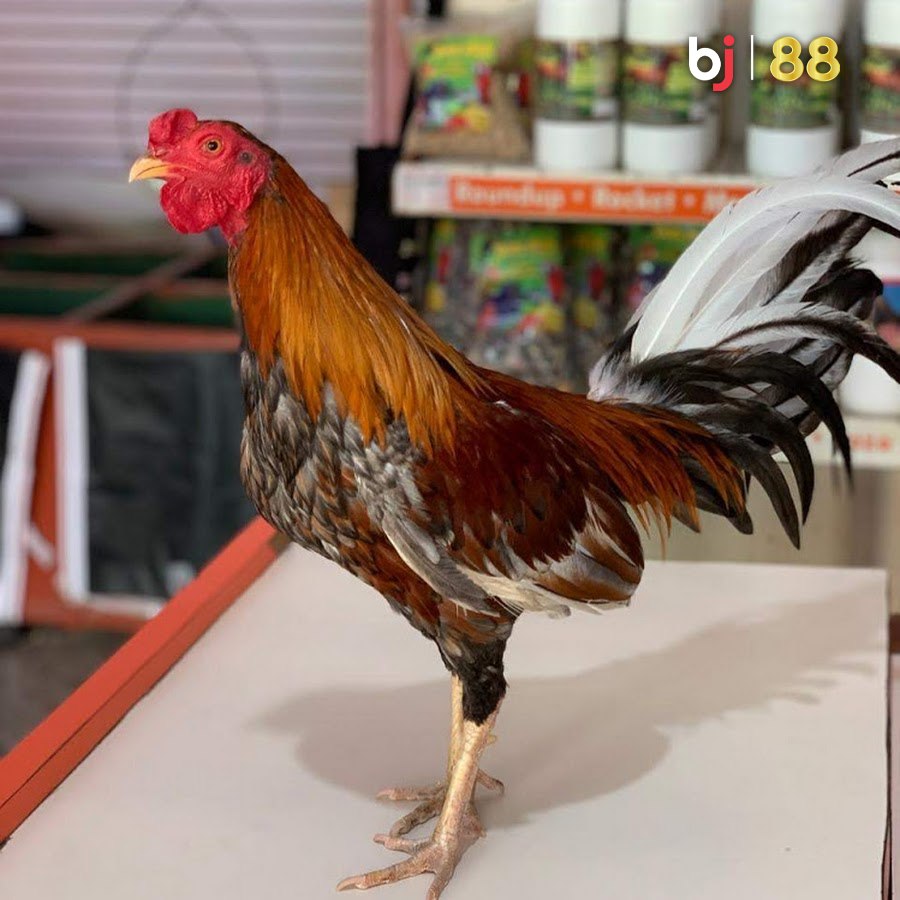
Ascariasis in chickens is not unusual. Infected birds will be skinny and eat sparingly… In chickens, egg production eventually declines. Failure to take prompt treatments might lead to death. However, the new master believes that losing money is preferable to losing hens, which is extremely unpleasant. Let bj88 find out in the story below. To effectively prevent and cure chickens.
Ascariasis in chickens – All relevant announcements
Causes of treatment of ringworm in chickens
Helminthiasis in chickens is caused by the consumption of helminth eggs combined with dung or litter.
The majority of the cause is that the barn is dirty. In addition, chickens are being released.
Chickens afflicted with lungworms have the following symptoms:
The more completely a person cares for hens, the better the chances of identifying infections. For example, chickens exhibit indicators of not eating or losing weight,… Here are one number of signs that hens have ringworm disease:
- Chickens are quick, thin and stunted.
- Frequent ruffling of feathers.
- diluted feces, excrement mixed with blood, uncooked feces.
- Chickens exhibit anemia.
- Hens have decreased egg output.
In particular, there are long-term disorders that are not detected and treated in time, resulting in intestinal blockage – intestinal rupture is regarded abandoned and incurable.
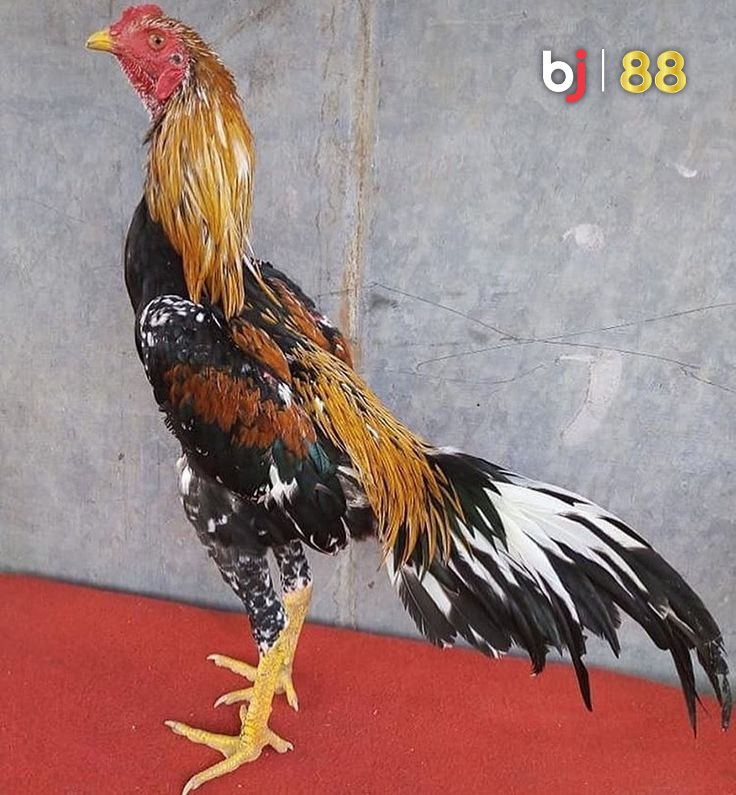
How to prevent and treat ringworm in chickens
Instructions for Disease Prevention
To prevent worm diseases in chickens, first of all, millet must clean the barn regularly, periodically disinfect and disinfect. However, the hens’ food and drinking troughs must be cleansed daily.
Replace sand or straw in the barn; this is one of the causes of millet illness.
To reduce barn scents, you can sprinkle Safe Guard 100gr / 1m2 of barn. on the contrary, if you want to be sterile, use Antisep, mix 3ml / liter of water. If you are too busy, you can ask a doctor to perform it.
In addition to ensuring the barn’s birth, millet must also administer chicken deworming medication. Go to the veterinarian shop to get Vermixon for your wartime deworming needs. The dose is as follows.
- For chickens aged 4 to 6 weeks, a dosage of 15ml is sufficient for 50 chicks. Depending on the amount of chickens raised, the improvement decreases accordingly.
- For chickens above 6 weeks old, 50 chicks are provided every 30ml.
Furthermore, dissolve 2 – 3gr/liter of drinking water for Unilyte Vit-C and 1g/liter of water for All – Zym. The purpose is to improve food delivery, reduce runoff, and dry manure.
Apply continuously throughout the life cycle of chickens, everyone – two months for consumption. Ensuring the amount of infection with ringworm in chickens will be greatly lowered.
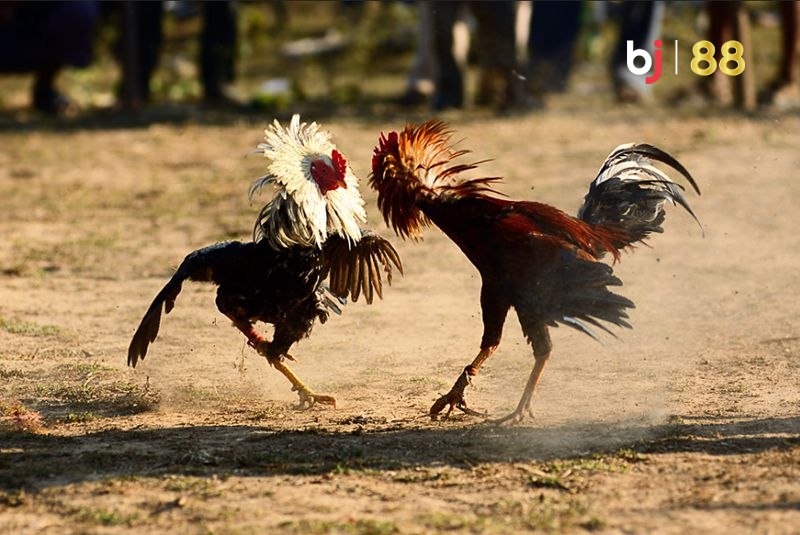
Ringworm Treatment Methods for Chickens
The cure approach is similar to that of preventive, just with different dosages and a longer application duration. Concrete:
- First, clean the barn thoroughly, and separate diseased and healthy birds.
- To deworm chickens, give them Vermixon. Be sure to read the consumer directions thoroughly before usage.
- Give chickens Coli-200 to avoid intestinal illness, Unilyte Vit-C to keep them healthy, and All-Zym to help them drink more water.
Note that while deworming hens, it is vital to provide a stable dose. Giving chickens to widespread consumption will shock, drugs that are too few are ineffective.
This contains the majority of the information regarding ringworm in chickens, from treatment to prevention. I hope the following information is beneficial to you!


